Blogs
Finding comfort in chaos has been a pattern for me and my unresolved trauma. Especially before I sought treatment for my childhood sexual assault, and often without realizing it, I would feel somewhat "addicted" to emotional pain. In other words, I felt most myself when there was some sort of conflict in my life, whether it was a physical health condition or a relationship issue. While I didn't actively want these things to be happening, I did find comfort in the chaos they stirred up.
While randomly browsing the Internet in 2015, I came across a powerful phrase: Be who you needed when you were younger. At the time, I was a recent college graduate who had no idea what to do with her life. As a result, the phrase seemed irrelevant to someone like me. However, knowing what I know now, I am convinced that anyone can live by this motto if they want to. You can be who you needed to be when you were younger.
Trauma splitting (a type of emotional detachment) can be a common side effect after facing verbal abuse. This coping mechanism can happen to individuals of any age. However, children with verbally abusive parents will often develop trauma splitting to separate their normal personality from the traumatized one.
When I revert back to an anorexic mindset, it becomes all about earning my worth. Even if I resist the urge to act out eating disorder behaviors, I can still be susceptible to the anorexic mindset, which tells me I need to strive past my own limitations and prove that I am strong, capable, resilient, and valuable. I have a difficult time believing that my self-worth is inherent, so I force myself to achieve it—even if that means I hustle to the edge of burnout with no room to pause, breathe, and rest. An anorexic mindset is all about earning my worth, but l will be honest: This performance-based mentality creates a miserable existence at times.
One part of my treatment for schizoaffective disorder is an antianxiety medication I take as needed. I’ve been taking it for decades, but now my psychiatric nurse practitioner (NP) wants to ween me off of it. I have mixed feelings about this change in my schizoaffective treatment.
It's hard to deal with anxiety when you're going through change. Change can feel scary and unpredictable, and even more so when you are already feeling stress and pressure in other areas of life. This is something I have experienced recently. Over the years, this anxiety trigger has been something I have worked hard on learning how to cope with. Years ago, I would find that any time any major life changes occurred, I would feel extremely anxious.
Co-fronting with alternate personalities (alters) in dissociative identity disorder (DID) is something I only recently learned about. Sharing my mind with multiple identities, each with thoughts, feelings, and perspectives, lends itself to interesting conversations. These internal complexities can lead to co-fronting (when two or more alters are in control of the body at the same time) while significantly influencing how conversations unfold internally and externally, depending on the factors present at the time.
Everyone has habits -- both healthy and unhealthy habits. Healthy habits might be drinking enough water throughout the day. Unhealthy might be drinking excessively every night. Lately, I am finding that some of my past behaviors and thought patterns have contributed to some of my unhealthy habits today. To learn more about my discoveries and experiences with habits, continue reading this blog post.
In the pursuit of nurturing self-esteem, my journey spans nearly two decades of mindfulness meditation practice and affirmations. The profound influence of mindfulness meditation practice has allowed me to comprehend the potency residing within my own mind, transforming it from a tumultuous sea of thoughts into a serene sanctuary that nurtures my self-esteem. Affirmations have a power all their own.
As I recovered from my mental illness, I still had an overwhelming, heavy feeling that I was behind in life. I spent so much time asking myself what I had done wrong when I really should have asked myself, "Why do I feel this way?" Comparing myself to others was a dangerous, harmful game, and at the end of the day, I was the only one keeping score in being behind in life.
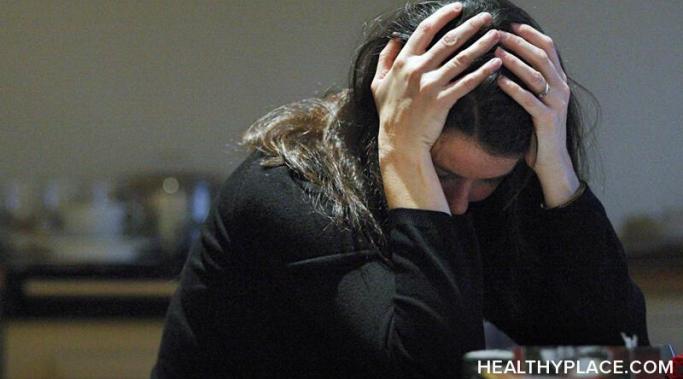

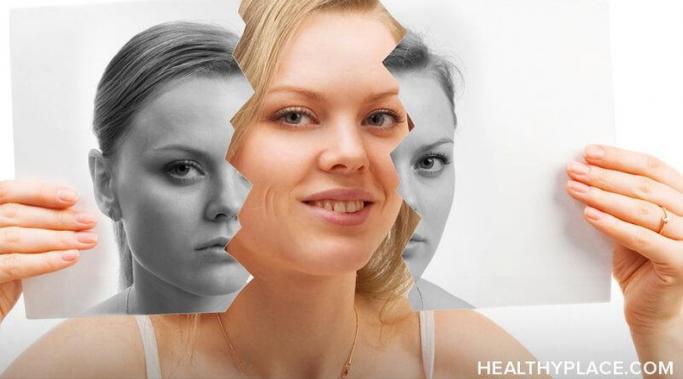


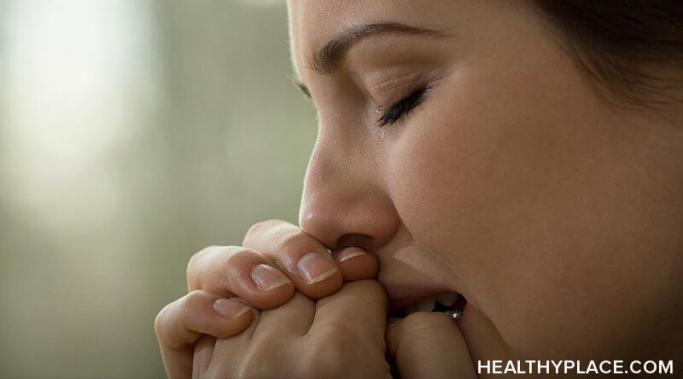
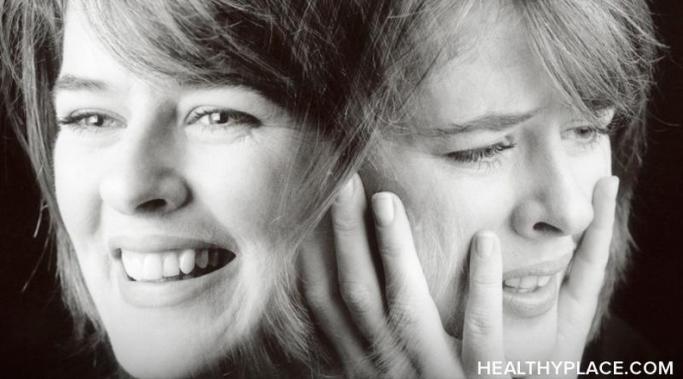
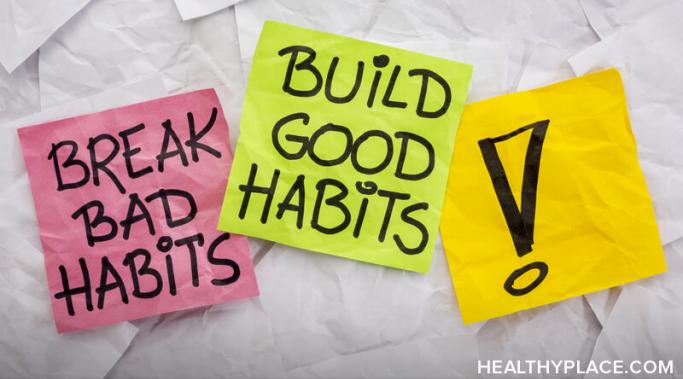
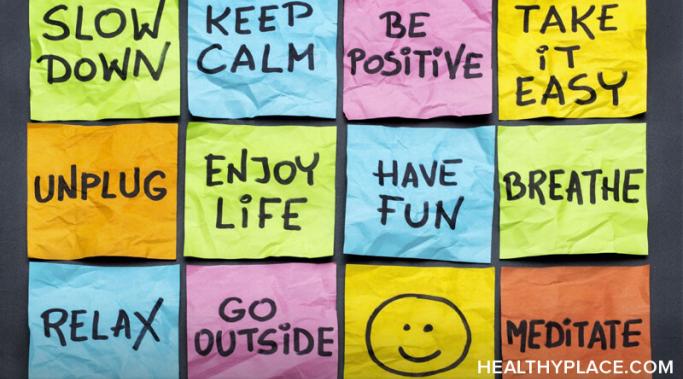
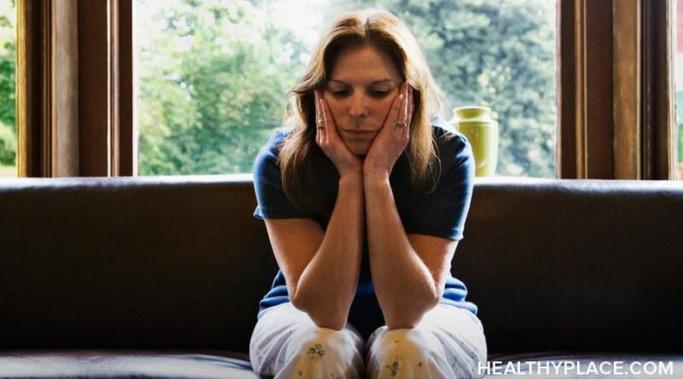
It is wonderful to hear that you are embracing YOUR progression. Although it is natural to compare ourselves to others around us, it is unhealthy. However, it does take self-awareness, continuous practice, and willingness to change our thinking. The fact is that we are all 100% unique, and there is no one else like us. Thus, we can only follow our own journey and walk along at our own speed when it comes to recovery. How we recover is normal -- at least for us.
Think of it like this: trauma is our normal reaction to an abnormal event, plain and simple. It doesn't matter if someone else doesn't think our trauma is valid -- it is precisely that, OURS. In return, our journey of recovery should also be OUR normal progression from the trauma or mental health condition.
I am happy to hear that you can change your thinking and are trying to not compare yourself to others. Keep strong and go forward at your own pace.